Delegates pave the way for new climate pact in Paris
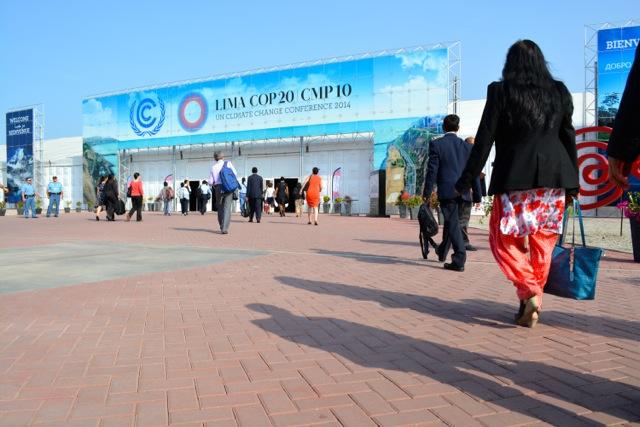
A negotiation deadlock was finally broken early Sunday morning at United Nations climate change talks in Lima when delegates agreed on a compromise text to serve as a basis for an agreement next year in Paris.
With increasingly fractious talks continuing 33 hours over the planned schedule, envoys worked hard behind the scenes to establish the foundations for an agreementExternal link on greenhouse gas emissions, accepted in the final plenary session as the Lima Call for Climate Action.
Most participants agree that intense negotiations prior to next December’s summit will be needed on many issues.
French foreign minister Laurent Fabius, who will assume the presidency of the 21st Conference of Parties in Paris, told journalists, “When I look at my schedule, there will be a lot of room for negotiations”.
“The positions included in the current document are still very far from each other. Important work will be required to bring parties closer,” the Swiss delegation in Lima said in a communiquéExternal link on Sunday morning.
A first round of negotiations to clarify points will take place in Geneva in February 2015.
Consensus
UNFCCC secretary general Christiana Figueres said the Lima document succeeded in recognising the importance of placing climate adaptation projects on the same footing as mitigation, as developing countries had been requesting.
She also saluted the consensus that was achieved on the issue of differentiation of countries, which in the earlier Kyoto Protocol on climate change had distinguished between developed or Annex-1 countries and mostly developing countries.
Figueres noted the wording of the text regarding the “principle of common but differentiated responsibilities and respective capabilities”, for targets which countries will set.
On that point, the Swiss delegation stated that it was “particularly important that the former distinction between industrialised countries and developing countries be replaced by criteria such as the responsibilities in global warming and its capabilities to reduce emissions”.
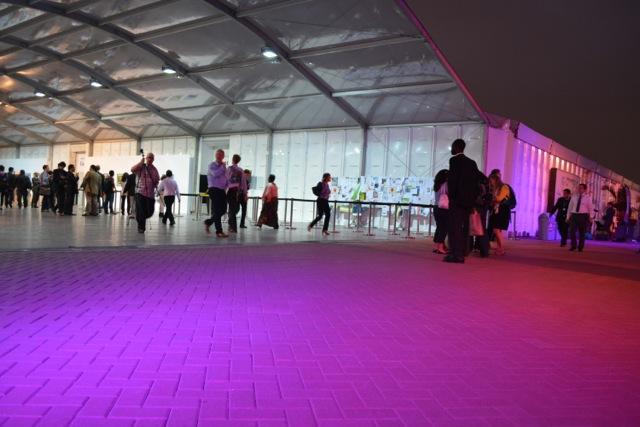
Individual pledges
Earlier last week, Energy Minister Doris Leuthard presented Switzerland’s statement to the high-level plenary of the 20th Conference of Parties, or COP20 talks.
Climate Action Network, an international group of NGOs, said “governments are now on the spot to put the individual climate pledges on table in the first half of next year, …but some of the big issues that have been plaguing the talks for years were shirked and could cause headaches later on”.
Meena Raman of the Third World Network, said poorer countries may have difficulty formulating targets, known in UN jargon as intended nationally determined contributions, or INDCs, without knowing the support developed countries would offer to help implement these.
She argued that developed countries needed to propose concrete financial support, getting upfront parliamentary approval for it.
“I don’t think it is just the developed countries who have parliaments. Developing countries also have parliaments. How do you plan post-2020 contributions, if you do not have any indication of financing?”
Emissions
With discussions converging around the need to cut emissions between 40 and 70 percent by 2050, and zero emissions for the second part of the century, major financing and technology will be required, and the decision Sunday did not include information about planned assistance from developed nations.
Over the weekend, COP20 president and Peruvian Environment Minister Manuel Pulgar-Vidal, met individually with parties to accept the final version of the text saying that while it may not be perfect, “with it we all win”.
The format text adopted Sunday did say that national pledges to curb carbon emissions, their intended nationally-determined contributions, or INDCs, should be submitted by the first quarter of 2015, “by those parties ready to do so” and as soon as possible for all others.
Two-week process
The two-week process in Lima demonstrated the complexities of attempting to democratically arrive at a consensus amongst 194 countries, including poor and wealthy nations, oil producing countries and particularly vulnerable low-lying states.
“Rising sea levels, for low lying islands, will be a survival issue. Some people will have to leave their respective islands. Who is going to have them?” worried Allioaiga Feturi Elisaia, ambassador to the United Nations for Samoa.
Fossil-fuel giant Saudi Arabia had told swissinfo.ch that there was an over-emphasis on climate mitigation, or efforts to reduce emissions.
“There is no way we can have mitigation ambition, if we do not have ambition in other elements of the convention such as adaptation,” or preparing for climate changes.
Most delegates contacted said the slow pace of negotiations, and the last minute drama, was all part of the common dynamics at the UN COP talks.

In compliance with the JTI standards
More: SWI swissinfo.ch certified by the Journalism Trust Initiative
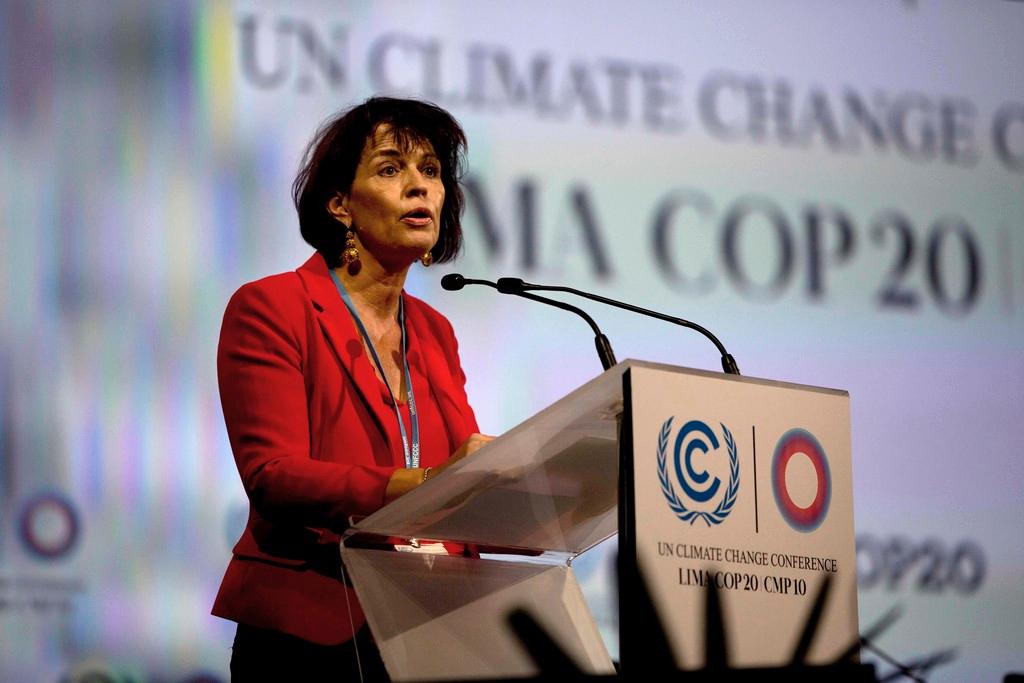
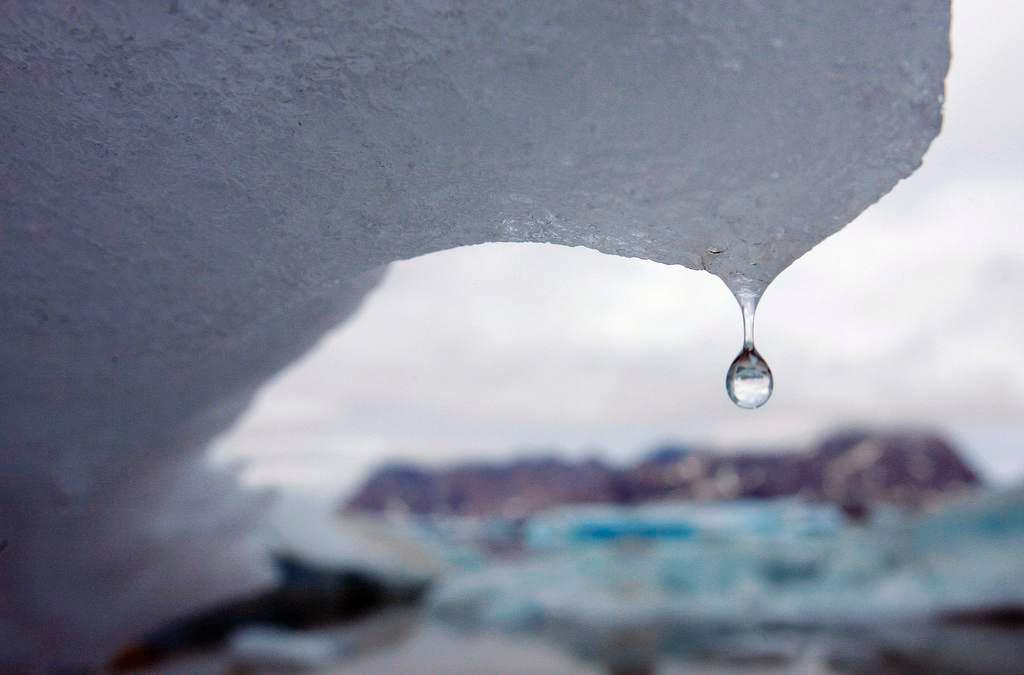
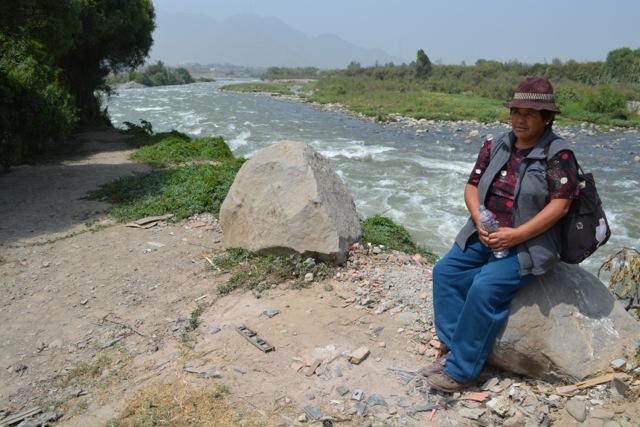
You can find an overview of ongoing debates with our journalists here. Please join us!
If you want to start a conversation about a topic raised in this article or want to report factual errors, email us at english@swissinfo.ch.